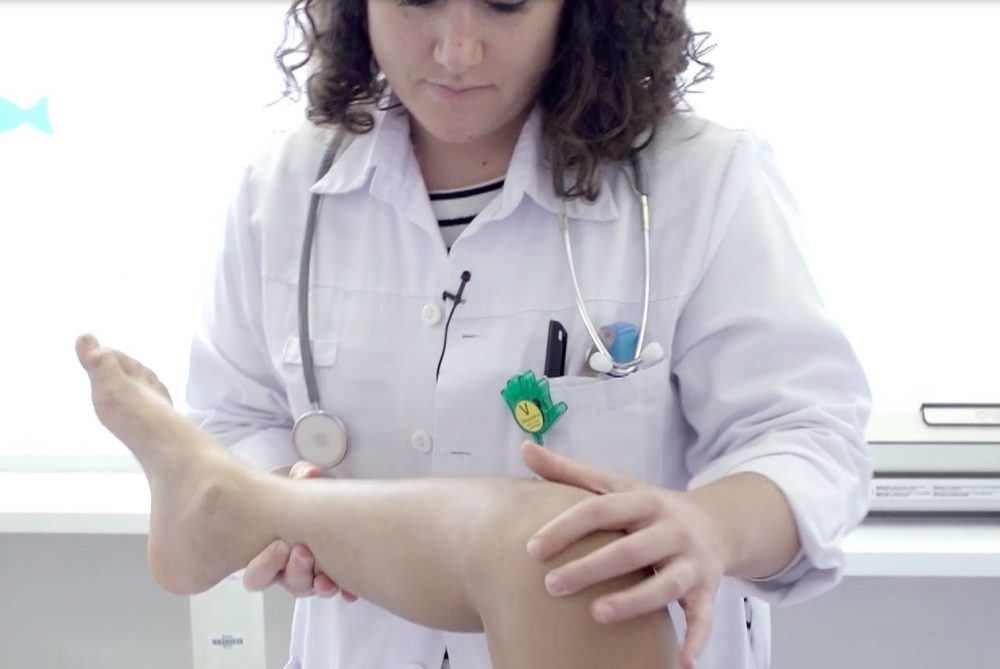
Juvenile Inflammatory Rheumatism (JIR) is a family of rare and mostly lifelong diseases. Many affected patients will need long-term medication, develop significant morbidity, and have an increased risk of dying at a young age. Although evidence or consensus-based recommendations for diagnosis and treatment exist, they are difficult to implement in a real-life setting due to the variety of medical systems and financial capabilities. Additionally, physicians in many countries lack sufficient training in recognizing and treating these rare diseases in childhood.
All of these factors hamper the implementation of evidence-based clinical recommendations with the best diagnostic and treatment strategies taking into account geographical, political, or personal factors. A solution is to develop a limited number of consensus clinical practice strategies (CliPS) that use existing recommendations (where available) as a starting point, and which can be used by the treating physician, taking into account their national circumstances and individual treatment preferences.
The aim of our project is to collect the CliPS used by the physicians taking care of patients with five specific medical conditions: PFAPA syndrome, systemic juvenile arthritis, monogenic recurrent fever syndromes, lupus nephritis, and Kawasaki disease. These CliPS will be gathered into a repository that will be worldwide disseminated to physicians taking care of patients with these medical conditions. This initiative may also serve as a model for other medical conditions in many different medical specialties.
JIR-CliPS is an initiative from the JIR network, based on a consortium of pediatric rheumatologists from different countries of Europe. In the first phase, we intend to collect CliPS in four world regions comprising various health systems and socio-economic environments: Brazil, Ghana, New Zealand, and Switzerland. The objective is to propose a repository containing a list of CliPS adapted to different patient-related, local, and environmental situations from these four different world regions.
The first step is to collect the CliPS in the different regions from all physicians taking care of these patients. The data will then be cleaned and analyzed before a first version of the repository can be published.
The methodology applied in this restricted geographic area will then be extended to the rest of the world to get a repository as inclusive as possible.
With the distribution of this repository, we expect to significantly improve the care of these five rare medical conditions, especially in countries with difficult access to updated medical knowledge. The WUN grant allows us to apply our methodology at a small scale in different regions matching the diversity of worldwide health care.